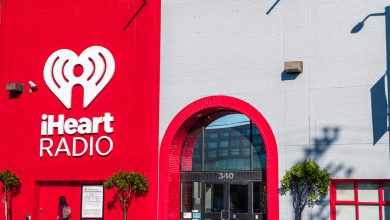Young Workers In AI-Exposed Roles Face 13% Employment Drop, Stanford Study Finds


The rise of generative AI has sparked ongoing debate over its impact on the workforce, praised for boosting productivity yet feared for displacing jobs and disrupting employment patterns.
A new study from researchers at Stanford University’s Digital Economy Lab reveals that early-career workers — ages 22–25 — in AI-exposed jobs have seen a 13% relative drop in employment since AI’s widespread adoption.
Released on Tuesday, Aug. 26, 2025, the coinciding report — titled “Canaries in the Coal Mine? Six Facts About the Recent Employment Effects of Artificial Intelligence” — uses high-frequency data from ADP, the nation’s largest payroll software provider, to track labor market shifts in occupations most affected by generative AI.
“Employment has begun to decline for young workers in highly exposed occupations like coding and call centers, but older workers and workers who use AI to augment, not automate work, have seen job gains,” Stanford economist Erik Brynjolfsson, who led the research, wrote on X.
He added, “We also see more work for young workers in the least exposed occupations like home health aids.”
Through six key findings, the study explores how AI is transforming the U.S. workforce, the coinciding report notes.
One key finding is that employment for young workers has fallen in AI-exposed roles, particularly among software engineers and customer service agents — two occupations highly vulnerable to generative AI.
In both fields, employment for 22-to-25-year-olds dropped sharply after 2022, while older age groups saw continued growth. By July 2025, employment for young software developers was down nearly 20% from its late 2022 peak.
In contrast, jobs in less AI-exposed occupations — and among more experienced workers — have remained stable or grown. The findings hold even when excluding tech firms and remote-friendly occupations.
“While we caution that the facts we document may in part be influenced by factors other than generative AI, our results are consistent with the hypothesis that generative AI has begun to affect entry-level employment,” the study notes.




